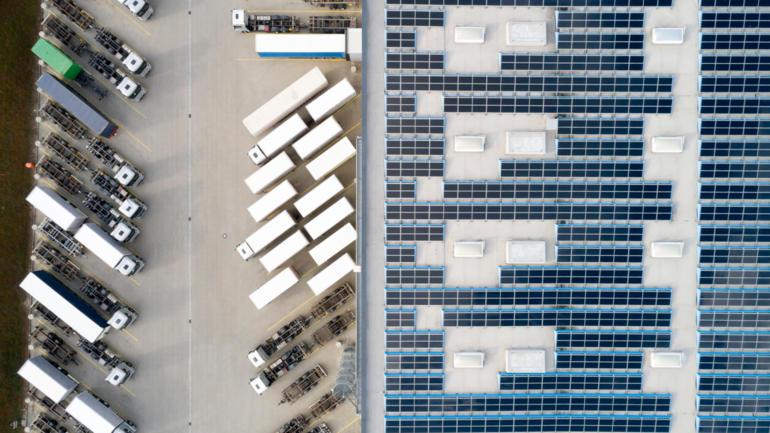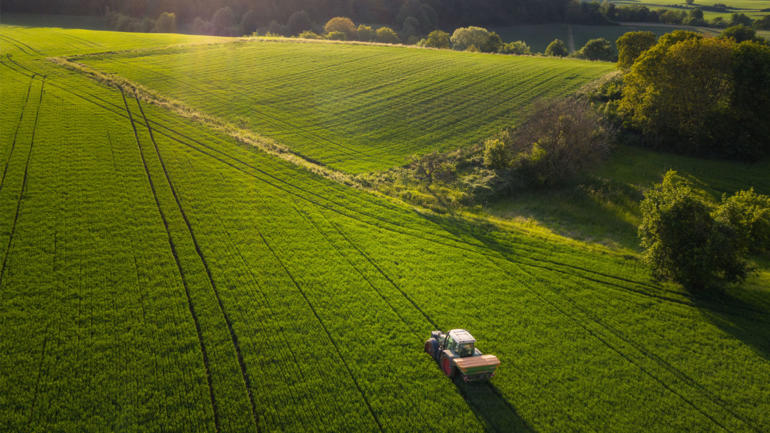Geneva, Switzerland 12 March 2018: Today, the World Business Council for Sustainable Development (WBCSD) and the Climate Disclosure Standards Board (CDSB) in collaboration with the Business Association for Development (AED), released a case study on the sustainability reporting in Costa Rica. The report was compiled using data from The Reporting Exchange, the global resource for corporate sustainability reporting.
The research showed that there is a significant interest in sustainability reporting in the country, as there are currently 40 reporting requirements and resources for environmental, social and governance (ESG)-related issues in Costa Rica.
The major driver of the country’s sustainable development agenda is Costa Rica’s bid to become a member of the OECD. The evaluation process that the country is going through has led to an assessment of Costa Rica’s policies against the standards set by OECD countries. The country is also integrating the SDGs and the 2030 Agenda into national planning, becoming one of the countries to sign a multi-stakeholder National Pact on SDGs.
As Costa Rica decouples economic development and environmental degradation, further legislation and revisions in sustainability reporting are likely to impact all sectors. This means companies will have to be vigilant, and the Reporting Exchange can help.
On moving forward, Olga Sauma, Executive Director at Business Association for Development – WBCSD’s network partner in Costa Rica – elaborates: “The Reporting Exchange will provide a vital resource to understand and compare requirements from different countries, to help Costa Rica identify good practice, and understand what could work in our circumstances and context.”
To find out more, download the report from the WBCSD website here.
This paper is part of series that explores the trends in corporate sustainability reporting that emerge from the research behind the Reporting Exchange. You can access the whole series here.








